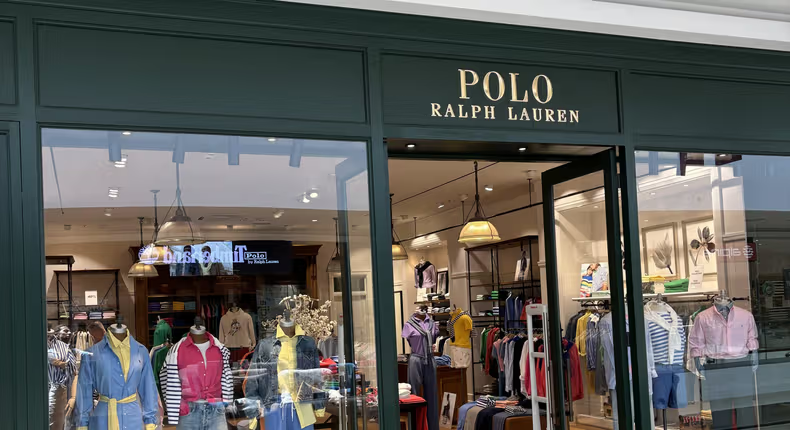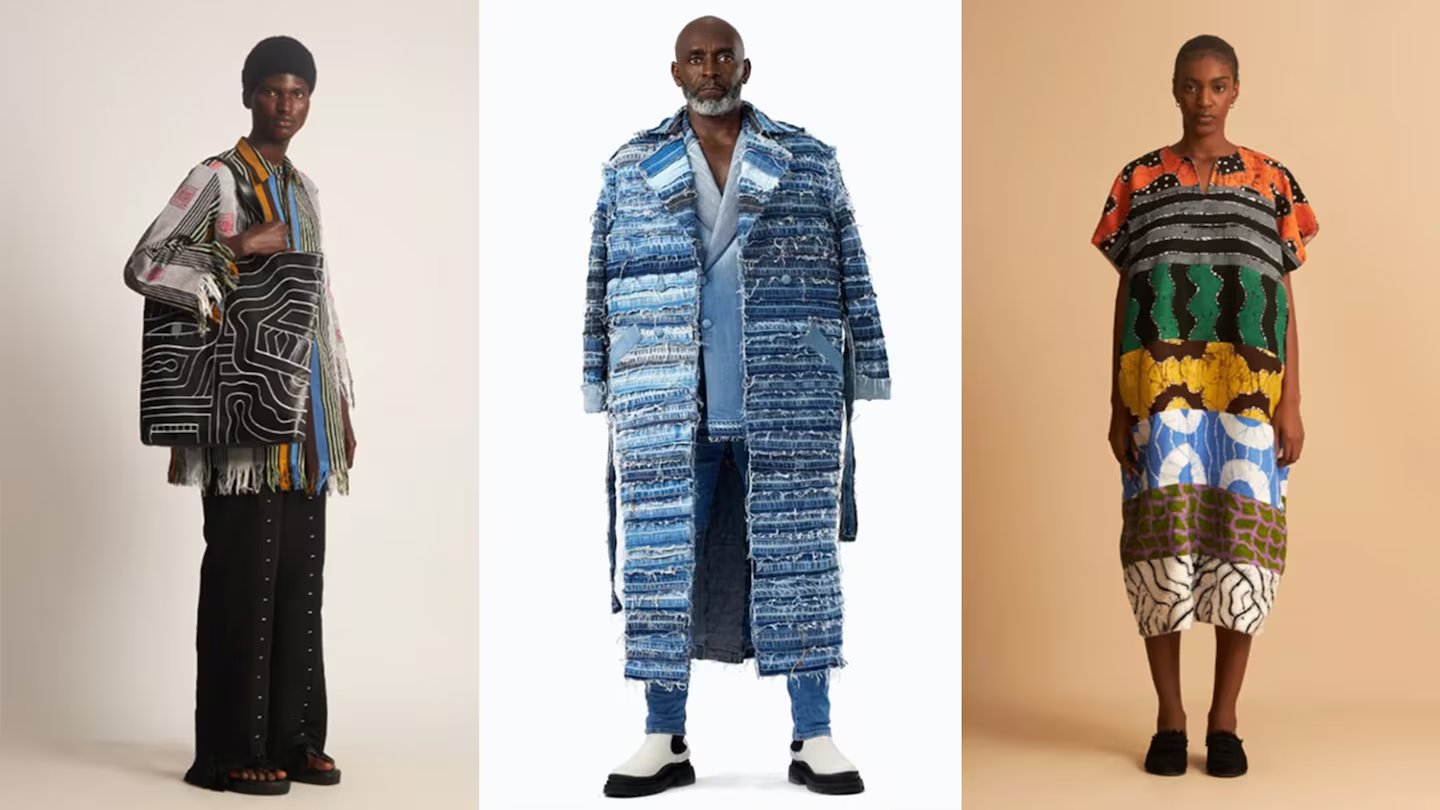At a symbolic dawn in Cotonou, U.S. artist Ciara was among the first to be accepted on a historic morning in African history, becoming one of the first individuals officially received as a citizen of Benin under a pioneering new law seeking to reconnect descendants of enslaved Africans with their heritage. This action, taken on the United Nations’ International Day of Women and Girls of African Descent, was not merely symbolic: it was an act of belonging, reconciliation, and reparations.
Benin, historically a hub of transatlantic slave trading from which around 1.5 million people were kidnapped and sold into bondage, has moved boldly to atone for its past. The legislation, enacted in September 2024, compels any person over the age of 18 who does not currently hold African nationality and can provide ancestral links to the descendants through slavery, through DNA tests, family records, or old depositions. It is made possible by a new online portal, My Afro Origins, which maps ancestry and assists the process.
Justice Minister Yvon Détchénou called the initiative “healing a historical wound”, an endeavour in justice and a fervent wish to greet descendants of Africa with hope and dignity.
On being awarded her citizenship, Ciara walked the age-old Slave Route of Ouidah, tracing the path once forced on millions. The journey took her to the Door of No Return, the ghostly arch marking the final exit of slaves that were forcibly removed from these shores. She found it very reflective and grounded, a return to the real world.

Benin’s move is one of a larger movement across Africa to reconnect with the diaspora and reclaim narratives of identity and belonging. Ghana’s “Year of Return” in 2019 and Liberian and Gabonese citizenship initiatives are proof of a growing interest across African nations to repatriate descendants of slaves taken during the slave trade. But Benin’s explicit recognition of its complicity in the slave trade gives its action an additional sense of moral imperative.
Along with granting citizenship, Benin is working on turning memory into cultural renewal. The government is creating memorial tourism along the Slave Route and preparing to open up an International Museum of Memory and Slavery in Ouidah. Efforts to reclaim colonial plundered artefacts and to advance Vodun arts and customs are only a couple of examples of how the country is reclaiming its heritage while offering diasporas a return home.
For Ciara, the moment was at once personal and universal. While her exact ancestry cannot be verified, her symbolic adoption by Benin was a living bridge from past to future. Her words, words of pride, gratitude, and inspiration, encapsulated the weight of a journey that is not only hers but that of millions in the African diaspora who seek a connection to their ancestors. Fundamentally, Benin’s new program is an invitation: to restore identity, heal history, and walk freely back to a homeland which has always remained in the collective memory of the diaspora.

























